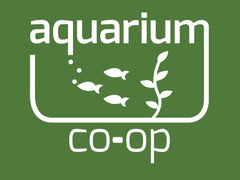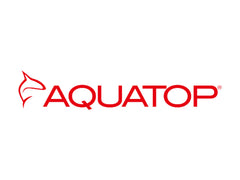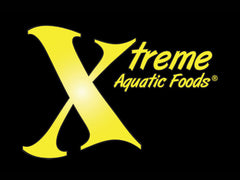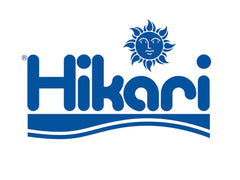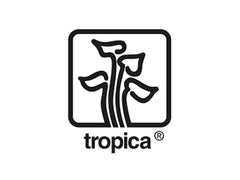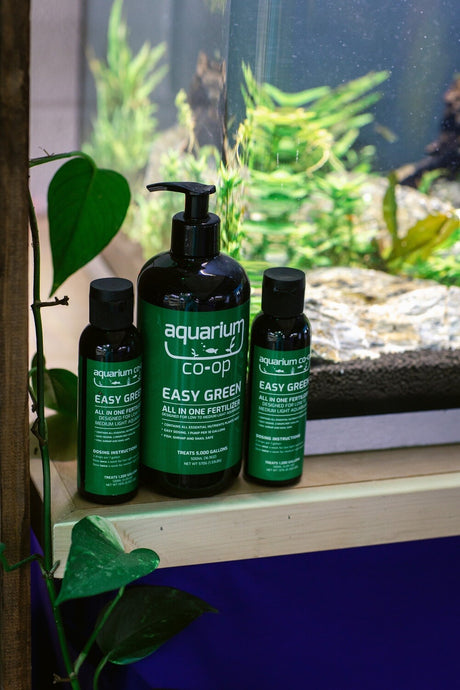Apistogramma sp. D12
Apistogramma sp. D12 is backordered and will ship as soon as it is back in stock.
Delivery and Shipping
Delivery and Shipping
Product Refunds & Returns
- Returns can be processed within 14 days from purchase.
- To return products, they must be in original condition
- Shipping expenses are not refundable
- If your items have been damaged in shipping, please contact us within 24 hours of receipt with photos, and we will assist you.
Livestock Refunds, Returns, & Surrenders
- If you are unhappy with your livestock for any reason, you can bring it back within 72 hours for a full refund; we do not pick up returns
Apistogramma sp. D12
Description
Description
Apistogramma sp. D12 is a designation used for an undescribed or unidentified species of Apistogramma, a genus of freshwater fish belonging to the family Cichlidae. The "sp." in the name indicates that the species has not been formally identified and classified, and "D12" is a temporary placeholder designation often used by aquarists and researchers until a formal scientific description is established.
-
Temperature: They typically thrive in water temperatures ranging from 72°F to 82°F (22°C to 28°C).
-
Minimum Tank Size: For a pair or a small group of Apistogramma fish, a tank size of at least 20 to 30 gallons is recommended. However, larger tanks are always better for providing more stable water conditions.
Feeding Habits: Apistogramma species are omnivorous, consuming a variety of foods in the wild. They usually accept high-quality flake foods, pellets, frozen or live foods such as bloodworms, brine shrimp, and small insects. Offering a diverse diet usually supports their health and coloration.
Habitat Preference: These fish are found in South America, primarily in slow-moving streams, rivers, and flooded areas with lots of vegetation. They tend to prefer well-planted tanks with driftwood, caves, and hiding spots to mimic their natural environment.
Water pH Level: Apistogramma species usually prefer slightly acidic to neutral water with a pH range around 6.0 to 7.5.
Behavior: They are known for their vibrant colors and interesting behaviors. Males, especially during breeding, can become territorial and might exhibit some aggression. It's recommended to provide ample hiding places to reduce stress and aggression within the tank.
Apistogramma fish are not schooling fish; they tend to be more territorial and are generally found in pairs or small groups in the wild.
Remember, individual species within the Apistogramma genus might have specific requirements and behaviors that deviate slightly from these general guidelines. It's always a good idea to do species-specific research or consult with experienced aquarists or breeders who have experience with Apistogramma sp. D12 or a similar variant for more accurate and detailed information. Water parameters, behavior, and specific care requirements can vary between different species or variants within the genus.
Specifications
Specifications
-
CategoryCichlids
-
Product TypeApistogramma
-
Species TypeDwarf Cichlid
-
Water Temperature
-
Minimum Tank Size20 Gallons
-
Water pH LevelAcidic, Neutral
-
Habitat PreferenceDriftwood, Hiding Spots, Planted Tanks, Rocky Tanks
-
BehaviourSemi-aggressive, Community Fish
Payment & Security
Payment methods
Your payment information is processed securely. We do not store credit card details nor have access to your credit card information.




